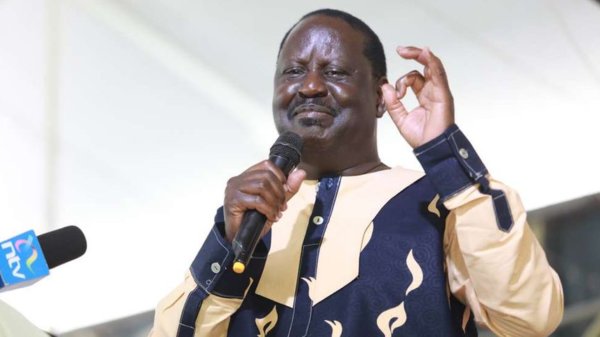Recently, most African countries have been urged to re register afresh the sim cards of their citizens. Some of the countries that came with this directives include Kenya, Tanzania, Nigeria and Zambia.
However, some citizens are not willing to go back to re register.

Image courtesy People using mobile phones
Why is it so?
One of the reasons the citizens are finding it hard to re register their lines is because of repeated registration exercises. The repetition has undermined the will of the the citizens to register according to experts.
The mass hesitance to register SIM cards could also be due to an apparent scarcity of uncertainty by citizens to hand over their details to the government.
Consequently, there are questions about data secrecy and the inestimable ability of government to use information obtained for one purpose for another.
Also readEzra Chiloba- No Extension For April 15, SIM Registration Deadline
Additionally, there is similarly a legitimate gap around government hasduct of data and how they handle it.
In Nigeria
Besides, there was a report by Collaboration on International ICT Policy for East and Southern Africa (CIPESA) in 2021, that asserted only half of African countries have recognized the laws to safeguard personal data.
On the other hand, Nigeria, has instituted numerous requirements in identity registration schemes, including Bank Verification Number (BVN) and National Identity Number (NIN), alongside more widespread IDs like voters’ cards, international passports and others.
Yet, the government is asserting that the way forward is for every SIM card to be linked with an NIN, a policy that many Nigerians say will be just as cumbersome.
“This is a trend of policy laziness,” Gbenga Sesan, head of Lagos-based digital rights advocacy nonprofit Paradigm Initiative, told Al Jazeera. “The problem does not lie with the lack of a central database; it is about impunity. If I know that if I commit a crime and I know I would be punished for it, then I will likely think about it twice.”
Kenya
In Kenya, residents are also grumbling about the monotony of many registrations.
The new registration warrants the compliance of the phone number, copy of passport or visa and biodata page, exit stamps and scanned ID – document they allege to have given out during the last exercise in 2018.
Data privacy
The enormous uncertainty, however, is of government supervision under the image of national security, directing to an extensive hesitation to surrender private data which can be wielded to survey their everyday movements.
“The issue of data privacy transcends Africa,” Ken Ashigbey, the CEO of Ghana Telecommunications Chamber, noted. “The concern about Big Brother sitting somewhere and using your data to spy on you is always going to be there, [and] when you bring it into the examples of Africa where our governments all seem to have total power, definitely there are risks,” he said.



































































